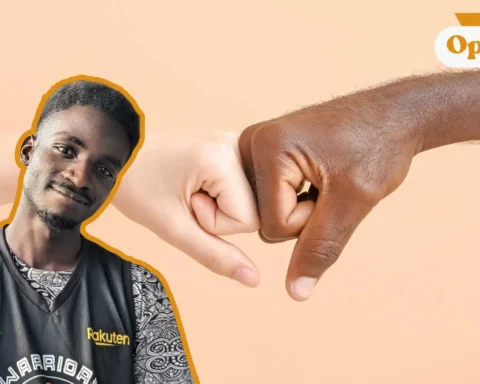Recently, in one of the most surreal moments in modern geopolitics, former U.S. President Donald Trump welcomed the President of South Africa to the Oval Office and boldly displayed photos he claimed were evidence of a “white genocide” occurring in South Africa. Whether political theatre or a calculated appeal to his support base, the symbolism was chilling: the suffering of a specific racial group was given airtime at the highest level of global diplomacy, because it fit a preferred narrative.
Yet, one must ask: where is this kind of global outrage when the victims aren’t white?
Where were the photos presented in Washington when over 30,000 Indian sugar workers in Guyana lost their livelihoods under David Granger’s administration, most likely due to their ethnicity? Why don’t we hear of Oval Office condemnations when our community is attacked in Australia? Minorities murdered by a senseless growing few in Pakistan and Bangladesh, or regressive laws such as indigenous factors in parts of Africa. Or I dare say one bullet, one Indian – the good old South African riots, which they claim was about political persecution?
Our silence is not just deafening—it’s damning.

Across the globe, brown communities are experiencing targeted injustice. From kidnappings in Kenya and Trinidad, to job discrimination cloaked in populism, to religious persecution that threatens to tear entire social fabrics apart—our stories are many, yet our collective voice remains faint. We are scattered, and perhaps more painfully, divided.
But why?
Part of the problem lies in our lack of awareness. The global brown fraternity—from Durban to Delhi, from Georgetown to Birmingham—is one of the largest, most influential diasporas on Earth. Yet, we often don’t even recognize ourselves in one another. We’ve forgotten that our histories are intertwined. The pain of a Tamil in Jaffna is no different from the despair of an Indo-Fijian watching their culture be erased. And while some of us have “made it,” we’ve also lost something crucial in the process—empathy.
Without empathy, we do not advocate. Without advocacy, we are not seen. Without visibility, we do not exist in the power structures that determine global priorities.
Meanwhile, sweeping reforms in Western democracies—like the rise of the Reform Party in the UK—threaten to erase decades of multicultural progress. The old Orwellian warning rings loud again: “All are equal, but some are more equal than others.” In Britain, in France, in the U.S., our communities are subtly (and sometimes blatantly) being pushed to the periphery. We may speak the King’s English, but we are still asked, “Where are you really from?”
Add to that the toxic mutation of religion—no longer a source of unity but a cudgel used to divide. We see temples burned, churches bombed, and mosques targeted. And it’s not just “over there.” It’s happening in our neighbourhoods, in our newsfeeds, in our very institutions. The divine has been hijacked, weaponized against the very people it once sought to uplift.
And yet—we have the numbers. We have the influence. We have the history of survival, endurance, and transformation.
So, what are we waiting for?
It’s time we realize that no global institution will come to save us. Not the UN. Not the Commonwealth. Not even those within our own political leadership unless we demand it of them. The only saviour we can rely on is the reflection we see in each other.
This is not a call to victimhood. It is a call to responsibility. To unify not in anger, but in clarity. To support each other across geographies, religions, and histories. To build networks of resistance, not in shadows, but in daylight.
Because if the Oval Office has space for the narrative of white genocide in South Africa, then surely the world can make space for ours, too.
But only if we speak.
Together.
This is why platforms like the Global Indian Network exist. We now have the powerful opportunity to redefine how we are seen, felt, and understood globally. Demanding better laws that provide us protection, through to enhancing our own economic and public diplomacy. The world is changing, but if we refuse to keep up, we would have spread a cancer that will infect future generations, who will undoubtedly become ostracised in the locations we now call home.

Let us know your thoughts. If you have burning thoughts or opinions to express, please feel free to reach out to us at larra@globalindiannetwork.com.









